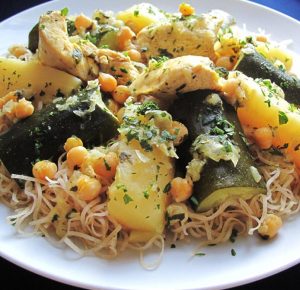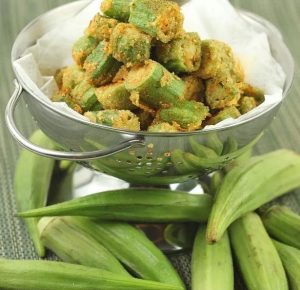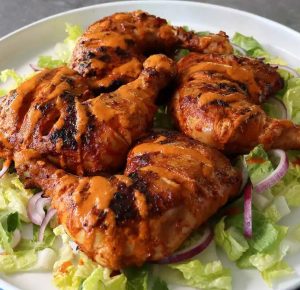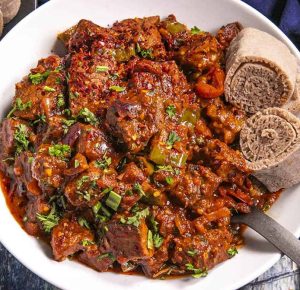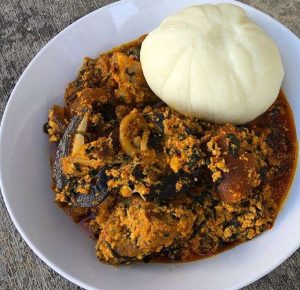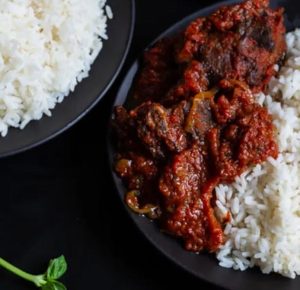About My Afro Recipes
Welcome to My Afro Recipes, your ultimate destination for celebrating the rich and diverse flavors of African cuisine! Our mission is to bring you authentic, easy-to-follow recipes inspired by the vibrant culinary traditions of Africa. From classic dishes passed down through generations to modern interpretations that honor their roots, My Afro Recipes is your guide to exploring the tastes, spices, and stories of this incredible continent.
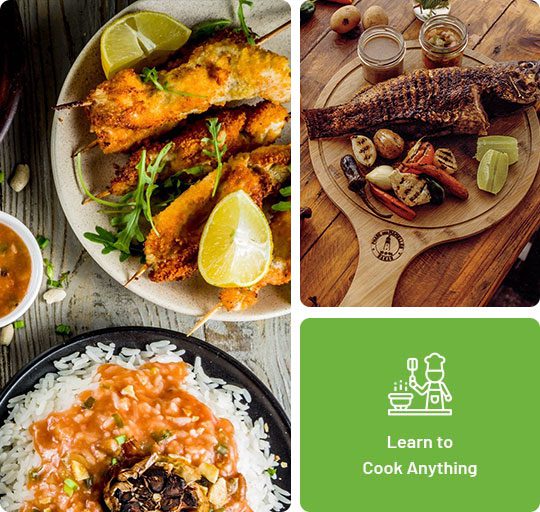
Give yourself a lifetime of cooking confidence
Frequently Asked Questions
What is My Afro Recipes?
My Afro Recipes is a collection of authentic and modern African-inspired dishes, showcasing the rich flavors of Africa’s diverse cuisines. Our mission is to bring you authentic, easy-to-follow recipes inspired by the vibrant culinary traditions of Africa.
From classic dishes passed down through generations to modern interpretations that honor their roots, My Afro Recipes is your guide to exploring the tastes, spices, and stories of this incredible continent.
Are all your recipes authentically African?
Many of our recipes are traditional African classics cooked in homes and restaurants across the continent. Others are Afro-inspired recipes that blend African flavors with modern cooking techniques or international cuisines.
This mix allows us to both preserve tradition and showcase how African food continues to evolve in today’s kitchens.
Can I submit my own recipe?
Yes! We welcome recipe submissions from our community. If you have a dish you’d like to share, simply upload it through our recipe submission page.
Once approved, your recipe will be featured on My Afro Recipes with credit to you as the contributor. It’s a great way to showcase your cooking and share African food culture with others.
Do you provide nutrition information?
We aim to provide nutrition facts for most recipes, including calories, protein, carbohydrates, fat, and vitamins per serving.
While values are estimates (since ingredients can vary), this helps readers make informed decisions, especially if they’re following specific dietary goals.
Where can I buy African spices and ingredients?
Many African spices and pantry items—like suya spice, berbere, Maggi cubes, and millet flour—can be found at international or African grocery stores in major cities.
For those who don’t live near specialty markets, many ingredients are available online through African food retailers or large marketplaces like Amazon.
Can I substitute ingredients if I can’t find the African version?
Yes! Substitutions are often possible without losing the soul of the dish. For example, if you can’t find cassava leaves, spinach or kale may be used in some recipes.
Scotch bonnet peppers can be swapped with habaneros or other hot chilies, though the flavor will differ slightly. We include substitution tips to make recipes accessible no matter where you live.
Are your recipes beginner-friendly?
Absolutely. While some African dishes are more elaborate, we’ve simplified instructions for home cooks of all skill levels.
Many recipes use basic cooking techniques like sautéing, simmering, or roasting, so even beginners can successfully recreate traditional dishes.
Do your recipes use measurements in cups or grams?
We aim to make recipes clear for cooks around the world by including both U.S. customary measurements (cups, tablespoons, pounds) and metric units (grams, milliliters, kilograms) whenever possible.
This ensures you can follow along easily, no matter which measurement system you prefer.
Are your recipes healthy?
African cuisine is incredibly diverse and includes many naturally healthy options. Dishes often highlight fresh vegetables, whole grains, legumes, lean meats, and flavorful spices instead of heavy sauces.
While some recipes are more indulgent (like fried snacks or rich stews), many others are nutrient-dense and balanced.
Do you offer vegetarian or vegan African recipes?
Do you have gluten-free options?
Yes, plenty of African recipes are naturally gluten-free since staple foods like cassava, plantains, rice, maize, and yams don’t contain gluten.
Popular gluten-free dishes include fufu, ugali, and many stews served with rice. We highlight gluten-free recipes to make it easy for those with dietary restrictions.
What’s the difference between Nigerian and Ghanaian Jollof?
Nigerian Jollof Rice is known for its smoky, spicy flavor, often achieved by cooking over an open flame or using more chili peppers.
Ghanaian Jollof, on the other hand, has a stronger tomato base and slightly sweeter profile.
Both are delicious, and the debate over which version is better is a friendly rivalry that continues to spark conversations (and taste tests!) around the world.

